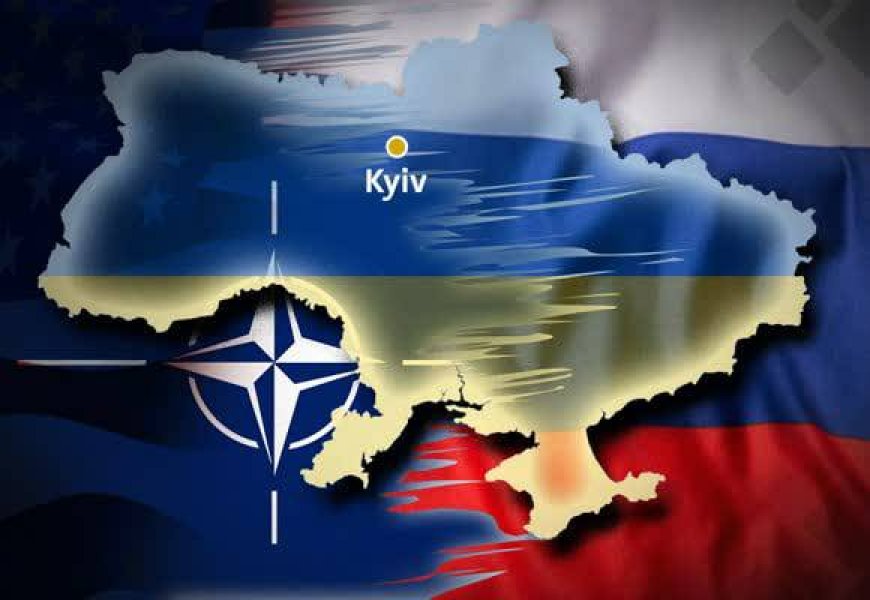Ukraine's Path to NATO Membership: Political Challenges and Strategic Considerations
Ukraine's Path to NATO Membership: Political Challenges and Strategic Considerations

Introduction:
Since 2014, Ukraine has exhibited a strong inclination towards becoming a member of NATO and the European Union. This aspiration has been a major concern for Moscow and has played a key role in the Russian military operations launched on February 24, 2022.
The outbreak of war provided an opportunity for the Ukrainian regime to submit its official application for EU membership on February 28, 2022. While progress has been made towards EU membership, Ukraine's bid to join NATO remains unfulfilled. This article analyzes the recent NATO summit, the alternative plans proposed, and the implications for Ukraine's NATO membership.
Challenges and Considerations of Ukraine's NATO Membership:
Despite intensified efforts by President Volodymyr Zelenskyy and the Ukrainian government following Russia's special military campaign, Kyiv has not yet achieved NATO membership. The recent NATO summit reiterated the alliance's support for Ukraine during the ongoing war but refrained from specifying a timeline for Kyiv’s membership.
Implications and Constraints:
Ukraine's NATO membership poses significant risks and challenges. Firstly, it may prolong the war and potentially escalate the conflict, posing a threat to stability in Europe. This scenario would have severe consequences for not only Ukraine but also France, Germany, and other NATO members. Additionally, the massive shipment of weapons to Ukraine over the past year and a half has depleted European and American weapons stockpiles.
Restocking these warehouses may take several years, further complicating the situation. Moreover, allocating more funds to the war in Ukraine amidst the economic crisis and public dissatisfaction in European countries presents a challenge for supporting Ukraine's military efforts.
Conclusion:
Ukraine's aspirations for NATO and EU membership have significant political and academic implications. While progress has been made towards EU membership, Ukraine's bid for NATO membership faces obstacles due to the risks associated with potential military conflict with Russia. The recent NATO summit focused on alternative plans and the establishment of the NATO-Ukraine Council, suggesting a cooperative rather than a full membership approach.
The decision-making process involves considerations of political, security, economic, and public opinion factors. Balancing these factors will be crucial in determining the future trajectory of Ukraine's integration efforts into Western institutions.













































